Lynette Dawson-inspired ‘no body, no parole’ law passes in NSW
Strengthened ‘no body, no parole’ laws have been passed in NSW, after a campaign by Lynette Dawson’s family.
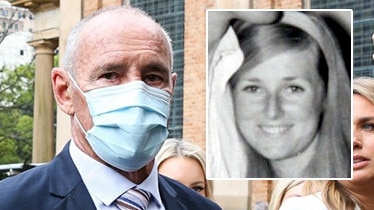
Strengthened “no body, no parole” laws have been passed in NSW, vindicating a long campaign by Lynette Dawson’s family and ensuring her husband and killer remains behind bars until his death unless her remains are recovered.
The amended Crimes (Administration of Sentences) Act states that for parole to be granted, written confirmation is required from the NSW police commissioner that an offender has worked with authorities to identify the location of their victim’s remains.
It comes less than a month after Premier Dominic Perrottet said he would toughen the laws, bringing NSW in line with Queensland and Western Australia.
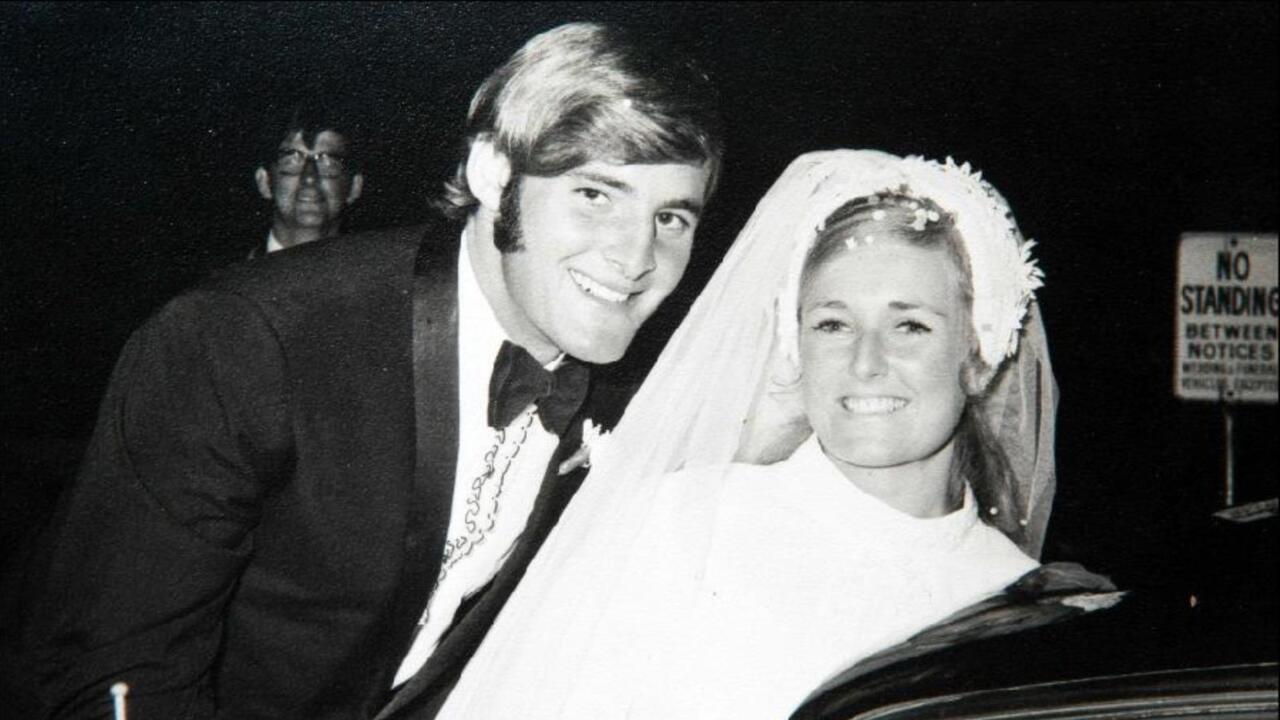
The laws will apply to all current and future offenders, capturing convicted murderers not yet considered for parole. There are six offenders convicted of murder or homicide currently in the state’s prison system who will be impacted by the passage of the bill.
Mr Perrottet on Thursday said the reforms ensured the needs of victims’ families would be given primacy.
“Families deserve the dignity of saying their final goodbyes and we must do all we can to demand offenders give up their secrets and bring some closure to families and friends of victims,” Mr Perrottet said.
“These laws mean inmates convicted of a homicide offence who choose not to co-operate with police to locate their victims will not be given parole.”
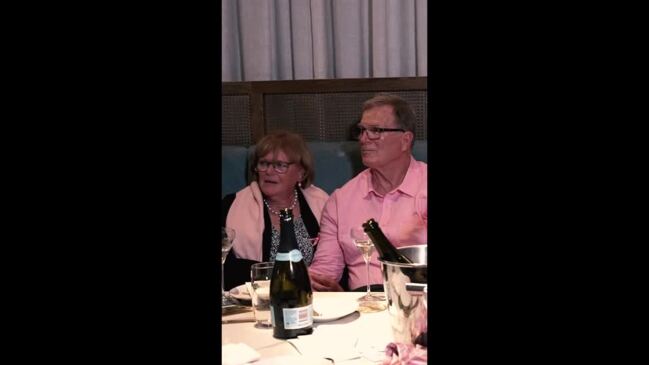
Forty years after Lynette Dawson, 33, went missing, judge Ian Harrison – in a five-hour judgment in the NSW Supreme Court in late August – found her husband Chris Dawson guilty of murdering her.
Justice Harrison dismissed Dawson’s claims of having received calls from his wife after her disappearance, concluding that for 40 years the former Newtown Jets player had perpetuated a lie about her abandoning their two daughters at their home on Sydney’s northern beaches.
Lyn’s brother, Greg Simms, has petitioned for the laws to be introduced in NSW, saying while his family could not have Lyn, he hoped the laws would help other families.
He previously praised police officer Damian Loone and Bev McNally – the Dawsons’ former babysitter whose petition for uniform “no body, no parole” laws garnered 30,000 signatures – as the driving forces behind the introduction of the legislation.
NSW Police Minister Paul Toole said he hoped the laws would encourage offenders to finally co-operate with police, saying the families of victims deserved the opportunity to lay their love ones to rest.
More Coverage


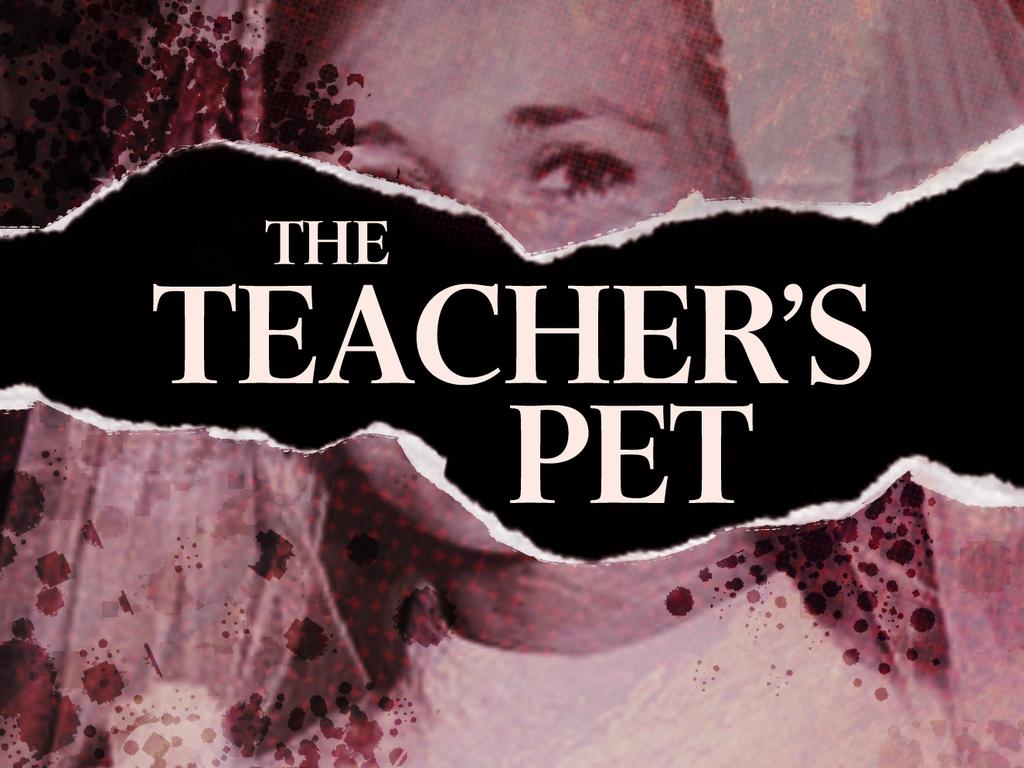

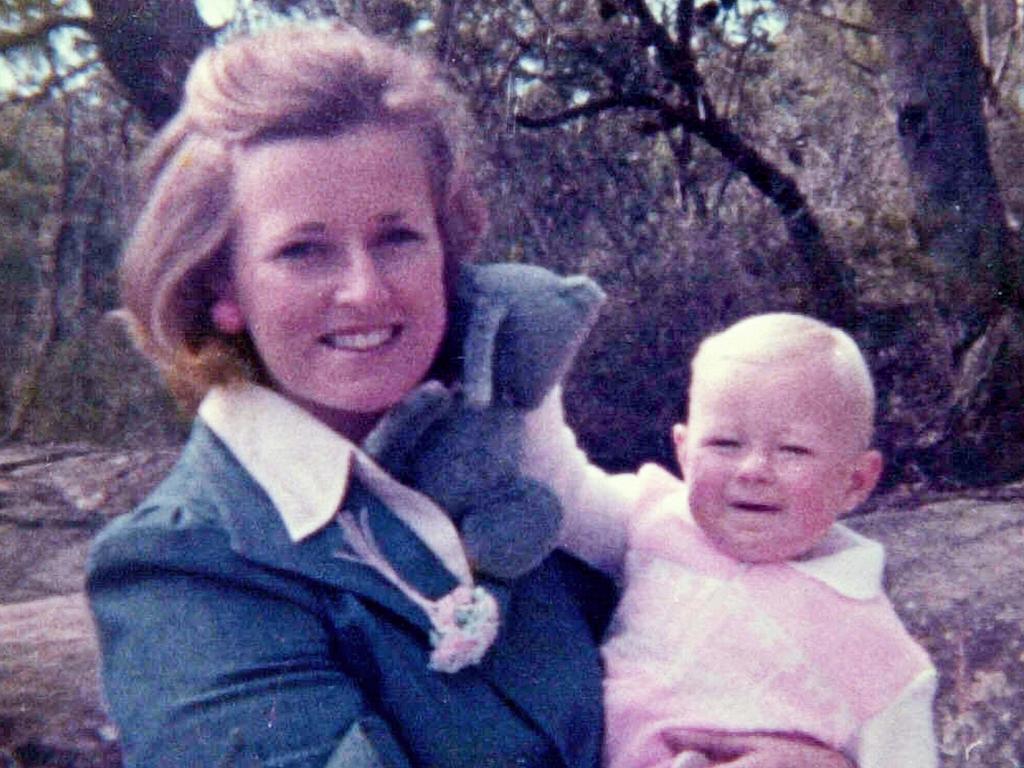
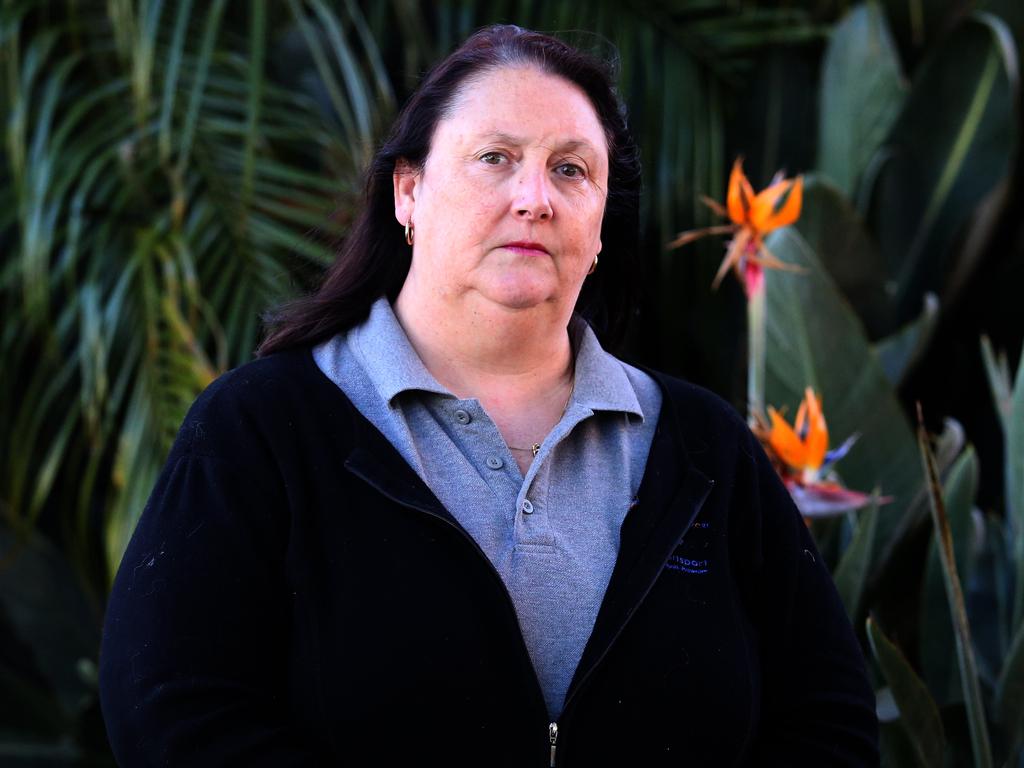


To join the conversation, please log in. Don't have an account? Register
Join the conversation, you are commenting as Logout